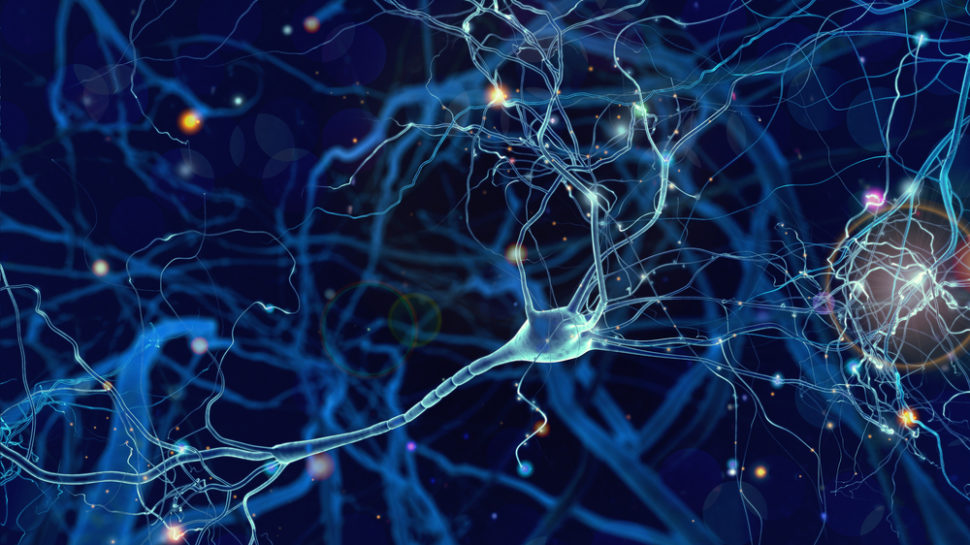In 2017, 23,880 adults in the U.S were diagnosed with brain tumors.
For cancerous tumors in the brain, there’s an average of a 5-year survival rate. In other words, only 34 percent of men and 36 percent of women will live at least 5 years after the detection of the tumor.
This 5-year survival rate has basically remained the same for the past three decades. This is due at least in part to the lack of new drugs as it’s hard to conduct human preclinical studies that would lead to clinical trials.
And there’s another serious setback for the development of new drugs.
On the one hand, each patient is different and requires personalized treatment. On the other, brain tumors tend to progress rapidly making it hard to assess patients individually.
Now, researchers from public and private health institutions joined their efforts to address these challenges.
Read More: New Cancer Treatment Uses Nanoparticles to Kill Tumor Cells
New Brain on a Chip to Speed up Drug Development
This public/private collaboration joined Johns Hopkins University, the Mayo Clinic, MicroMatrices, and Perkin Elmer together to create a new method of testing brain tumor medication. MicroMatrices develops innovative molecular visualization and localization tools while Perkin Elmer specializes in data analytics tools and diagnostic solutions.
The multidisciplinary research team tackled this challenge using MicroMatrices’ analysis platform called SpheroMatrices. Using this system, the team created accurate drug efficacy measurements through the use of a histology platform.
Researchers did this by developed human-induced pluripotent stem cells to derive “3D organoid model for drug testing”. In other words, they created a brain on a chip that lets researchers test potential treatments on patients without the need for animal or human testing.
This new brain on a chip allows for the development and testing of new drugs and personalized medicine.
To test their 3D brain model, researchers used two chemotherapeutic agents: temozolomide (TMZ), and an experimental therapy called DOX.
“The study results indicated the system could predict a clinical response to TMZ and also demonstrated anti-tumor efficacy with DOX.” Simon Plummer CEO of MicroMatrices, said.
Read More: IPS Cells Could Make Artificial Brains a Future Reality
Human on a Chip: Relief to the System, and Animals
As noted by the study, developing new drugs is a costly and risky business.
It takes around $1 billion dollars and about 8 years to develop a new drug. That’s even before it ever reaches the market.
The dark side of the story is that every year 15 million animals are used around the world in drug experimentation.
Ethics aside, human and animal physiology aren’t the same. Animal models used in drug development lead to high failure rates. This is where new brain on a chip models can help overcome ethical and funding issues standing in the way of new drug development.
Because these 3D organic models replicate human physiology more accurately, they make for a good drug testing platform.
Now, preclinical drug studies can avoid animal testing and speed up the process of human clinical tests.
The system paves the way for “the creation of a more efficient discovery platform for new therapies, ultimately offering a more personalized approach by matching patients to therapies that are more likely to work clinically.”










Comments (0)
Most Recent